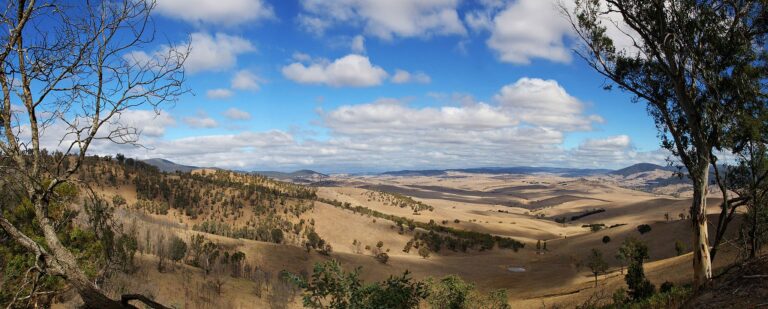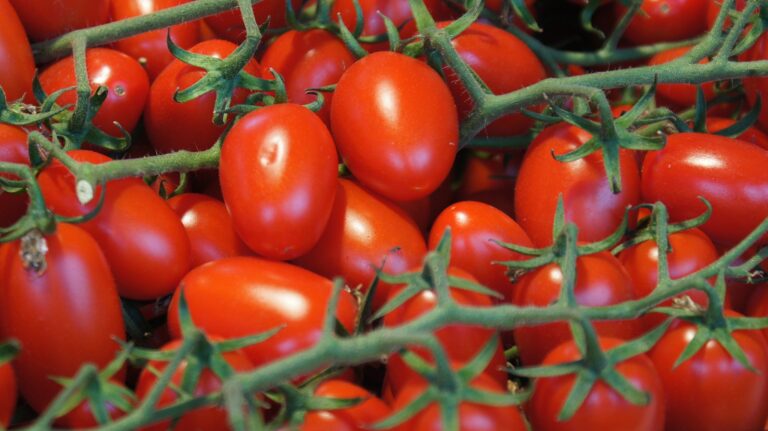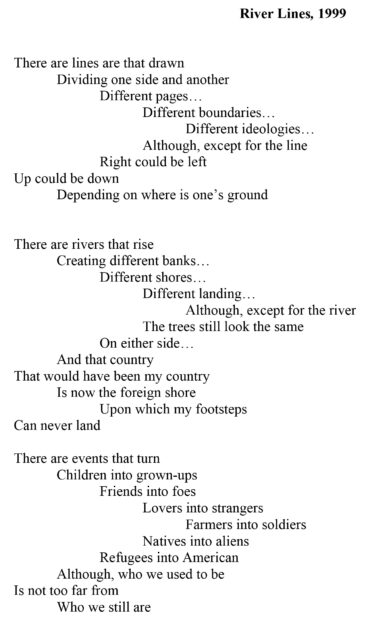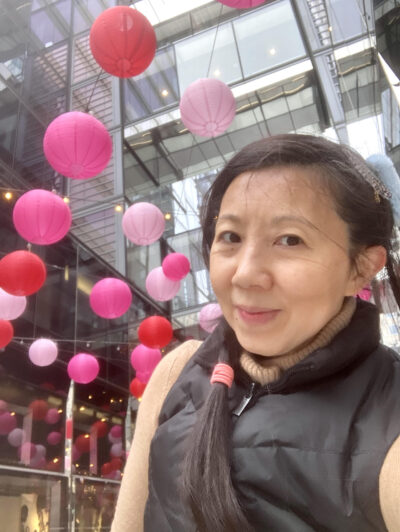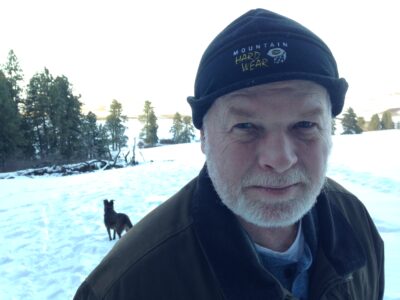Closer to the Sky
Now I can see my life with new eyes,
leaving the east for the west,
bringing me closer to the sky,
close enough to feel cosmic drops from April meteor showers,
but not far enough away from the vigorous winds of change in spring that must remain.
Close enough to feel the wind from the full wingspread of a Cooper’s Hawk,
and like birds of prey, we attempt to touch the sky each day,
edging closer to our dreams,
facing sunsets through our reflections in two way mirrors.
How close is our sky?
measured by the deepness of our love,
or calculated in the patience from time spent waiting,
as we grab at pieces of clouds falling like manna.
We are closer to the sky,
when we close our new eyes, and imagine our old wings,
left for us by the ancestors who like birds of paradise,
embodying the beautiful plumage enticing us to fly.

Tori Collins has been influenced by the power of words, the work of James Baldwin, Gwendolyn Brooks, Maya Angelou, Sonia Sanchez, Toni Morrison, Langston Hughes, E. Ethelbert Miller, and most recently Chicago based poet Leslé Honoré and National Youth Poet Laureate Amanda Gorman. Poetry has been a rediscovered cathartic release for Ms. Collins since the start of the pandemic in 2020. She enjoys serving her country as a transportation policy analyst with the US Department of Transportation, nevertheless her true work focuses on racial equity and addressing issues of oppression, poverty and marginalization. Her poetry speaks to these issues and promotes healing through self-love. Recently, her poem “The State of My Statehood” was published in the Southwester and in August of 2020, her poem, “From Pandemic to Protest” was featured in The Poetic Hill section of HillRag. Ms. Collins has been a resident of the District of Columbia for 7 years and she currently enjoys living in the Navy Yard/Capitol Riverfront neighborhood.
Image by User:Fir0002, GFDL 1.2 <http://www.gnu.org/licenses/old-licenses/fdl-1.2.html>, via Wikimedia Commons
